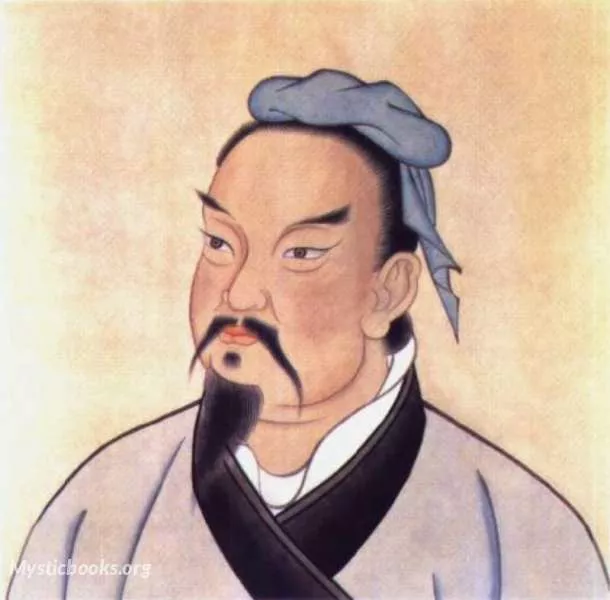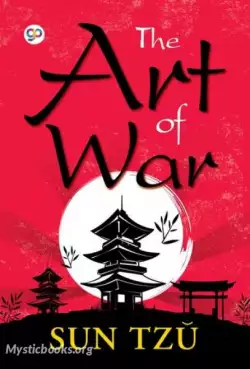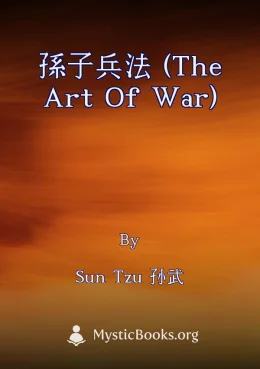
Timeline
Title
Country/Nationality
Sun Tzu 孙武
His works focus much more on alternatives to battle, such as stratagem, delay, the use of spies and alternatives to war itself, the making and keeping of alliances, the uses of deceit and a willingness to submit, at least temporarily, to more powerful foes.
Sun Tzu's work has been praised and employed in East Asian warfare since its composition. During the twentieth century, The Art of War grew in popularity and saw practical use in Western society as well. It continues to influence many competitive endeavors in the world, including culture, politics, business and sports, as well as modern warfare.
Sun Tzu was a Chinese general, military strategist, writer and philosopher who lived in the Eastern Zhou period of ancient China. Sun Tzu is traditionally credited as the author of The Art of War, an influential work of military strategy that has affected both Western and East Asian philosophy and military thinking.
Sun Tzu supposedly died when King Helu was killed in 496 BC, but since the military success of Wu continued after that year, stories of his death may have been exaggerated for political reasons. Sun Tzu teaches that the first principle of war is deception.
Books by Sun Tzu 孙武

The Art of War
The Art of War presents a philosophy of war for managing conflicts and winning battles. It is accepted as a masterpiece on strategy and is frequently cited and referred to by generals and theorists since it was first published, translated, and distri...

孫子兵法 (The Art of War)
The Art of War is an ancient Chinese military treatise attributed to Sun Wu, comprised of 13 chapters, each of which is devoted to one aspect of warfare. It has been the most famous and influential of China's Seven Military Classics, and it has had a...